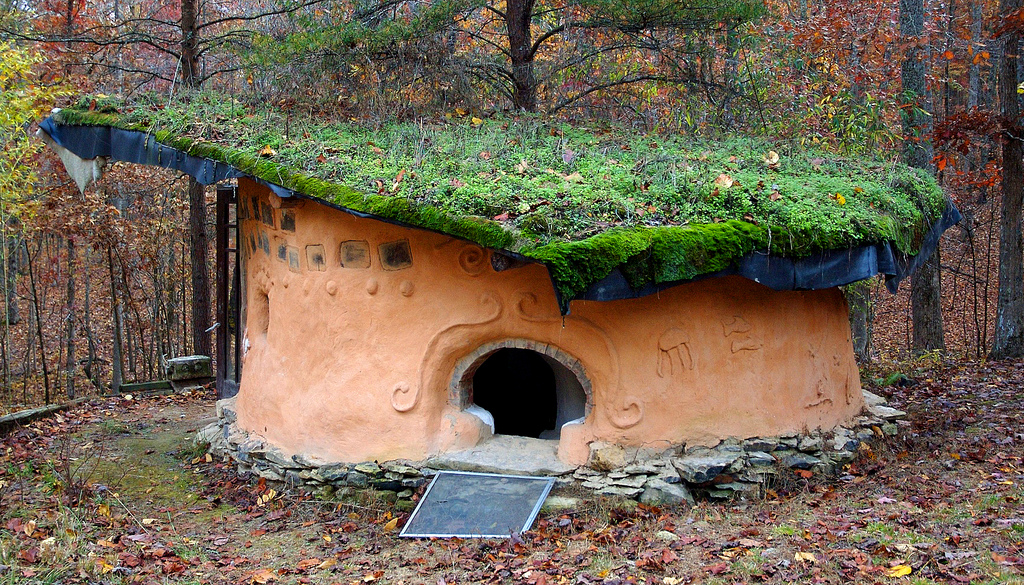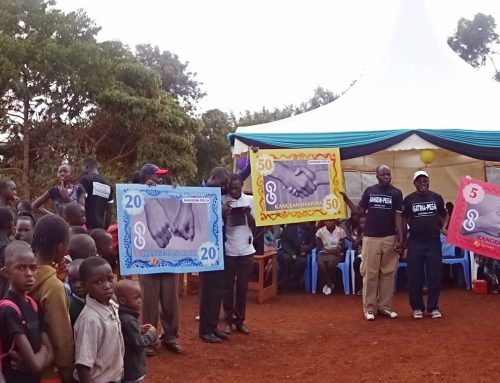Can new communities founded on novel personal beliefs lead to lasting change?
The Farm is an experimental community founded in 1971 when several hundred ‘hippies’ moved from San Francisco to Tennessee to develop a new way of living. The Farm is a long-lasting example of an intentional community that has evolved and produced a number of world influencing innovations. Ina May Gaskin, a founding resident, became a world famous innovator in midwifery. And both she and the NGO Plenty International, founded by the Farm, have been awarded the Right Livelihood Award. Furthermore, The Farm is also a member of the Global Ecovillage Network and currently runs an ecovillage training centre, as well as several other non-profit and for profit businesses.
The Farm was originally founded as a commune, with a strong vision of lack of accumulation of wealth, work, non-violence, and respect. While the Farm reorganized as a cooperative after a decade it has continued to thrive, gaining new members and continuing after the death of its founder. More than forty years after its founding the Farm views itself as being an experiment that demonstrates ways to operate collectively in ecological stewardship, ecological health care, green infrastructure, and building cooperation, compassion and spiritual values.
Locally, the Farm estimates that its land management sequesters five times the community’s business, residential and tourist annual greenhouse gas footprint, and it produces more electricity than it consumes. It also contributes to its neighbourhood and more globally through its Farm Midwifery Center that offer services and training, and through permaculture, ecological restoration and green building courses.
The Farm could grow, but bigger ways it could have an impact would be to provide a model for other ecovillages or by inspiring people to live in a different way.




